Planning a family trip to Europe feels like organizing a small-scale military operation — except your troops are jet-lagged kids who want ice cream for breakfast. The continent offers incredible experiences for families, from fairy-tale castles in Germany to gelato-fueled adventures in Italy. Yet even seasoned travelers can stumble into costly mistakes that turn dream vacations into stress-filled marathons.
Smart planning makes all the difference between a trip your family treasures forever and one that becomes a cautionary tale. Here’s a list of 15 family vacation mistakes to avoid in Europe.
Overpacking your itinerary
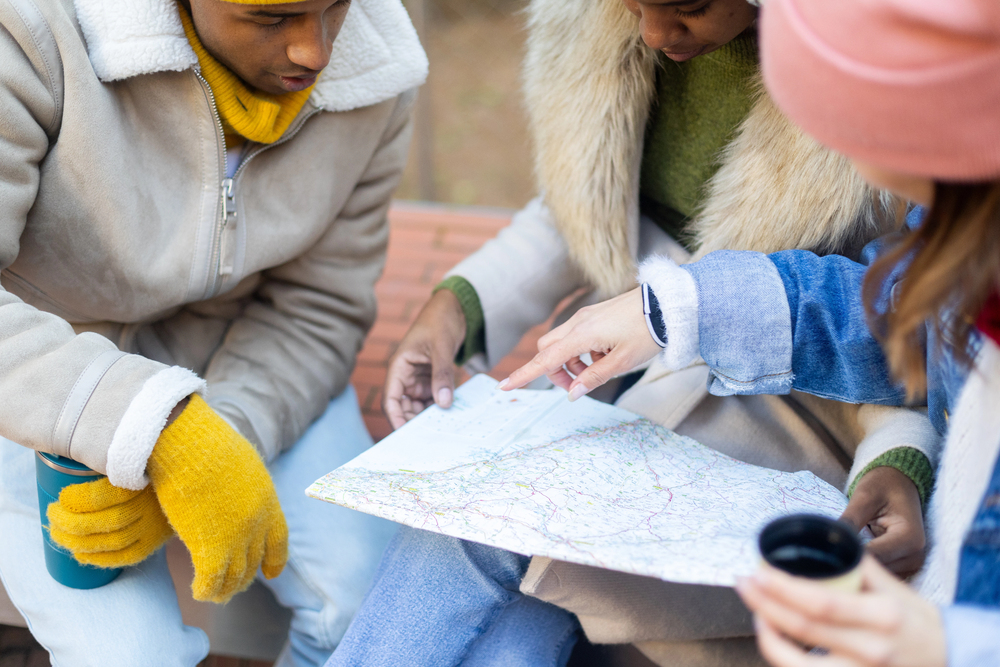
Cramming five countries into a ten-day trip might look impressive on paper, though it’s really a recipe for exhausted kids and frazzled parents. European cities deserve more than a quick photo stop at the main square. Young travelers need time to absorb experiences — rest between activities, and occasionally have meltdowns without derailing the entire schedule. Think of your itinerary like a good meal: better to savor a few dishes well than rush through a buffet.
Skipping travel insurance
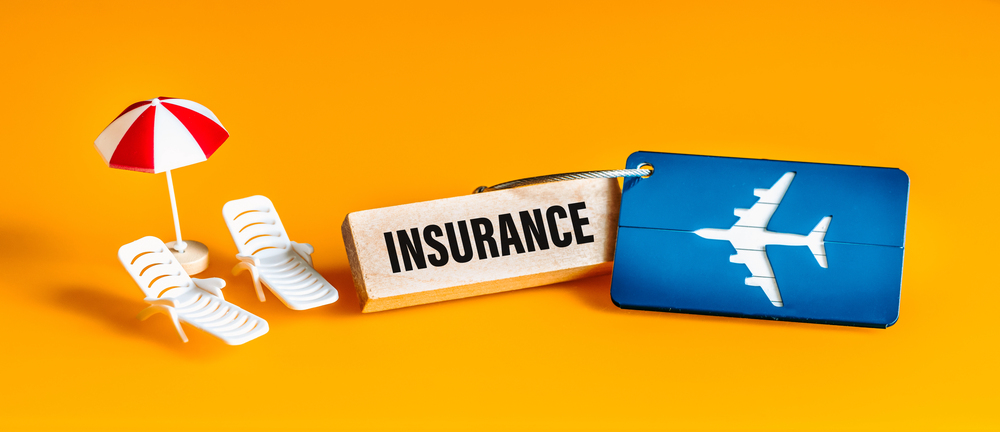
Medical emergencies don’t check your vacation calendar before striking. European healthcare costs can shock American families. A simple broken arm in Switzerland might cost more than your entire trip budget, while travel insurance covers trip cancellations, lost luggage, and those unexpected situations that Murphy’s Law specializes in during family vacations. It’s like wearing a seatbelt — you hope you’ll never need it, yet you’ll be grateful it’s there if something goes wrong.
Ignoring local meal times
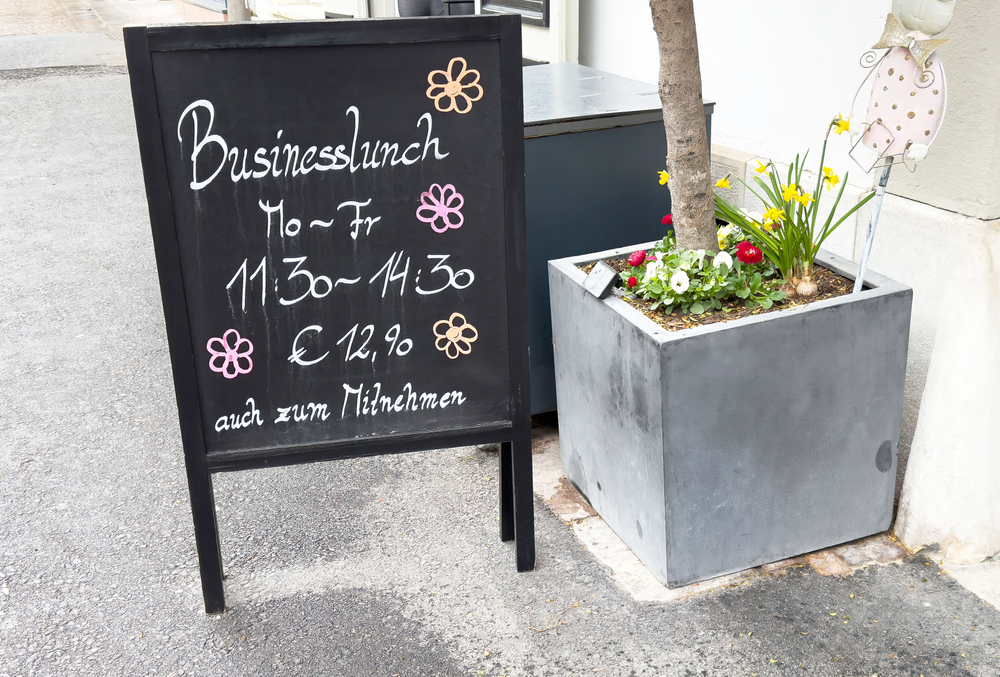
European dining schedules can throw American families for a loop, especially when hungry kids expect dinner at 5 PM but restaurants don’t open until 7 or 8. In Spain, families often eat dinner as late as 10 PM — works great for Spanish kids, not so much for jet-lagged American ones. Planning accordingly by packing healthy snacks and researching family-friendly restaurants that accommodate earlier dining helps tremendously. Some tourist areas offer ‘early bird’ menus specifically for families with different eating schedules.
Forgetting about Sunday closures

Many European cities still honor traditional Sunday closures, meaning shops, museums, and even some restaurants shut down for the day. Arriving in a new city on Sunday evening only to find everything closed can leave families scrambling for dinner options and activities — though this old-world tradition catches many American travelers off guard since we’re used to everything being open seven days a week. Always check opening hours in advance. Plan alternative activities like parks, walking tours, or Sunday markets.
Not researching transportation strikes
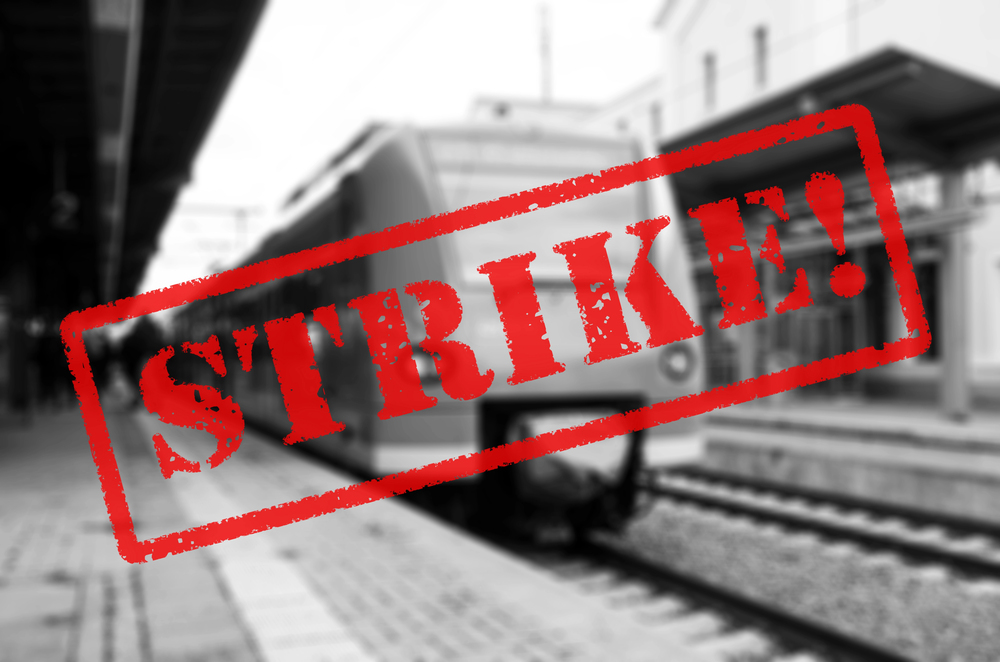
European workers exercise their right to strike more frequently than their American counterparts — transportation strikes can strand families at airports or train stations. A railway strike in France or a pilot strike in Germany can completely derail carefully planned itineraries, yet smart travelers check strike schedules before departure and build flexibility into their plans. Think of strikes as part of European culture, where workers prioritize work-life balance. Sometimes that means expressing dissatisfaction through organized labor actions.
Assuming everyone speaks English
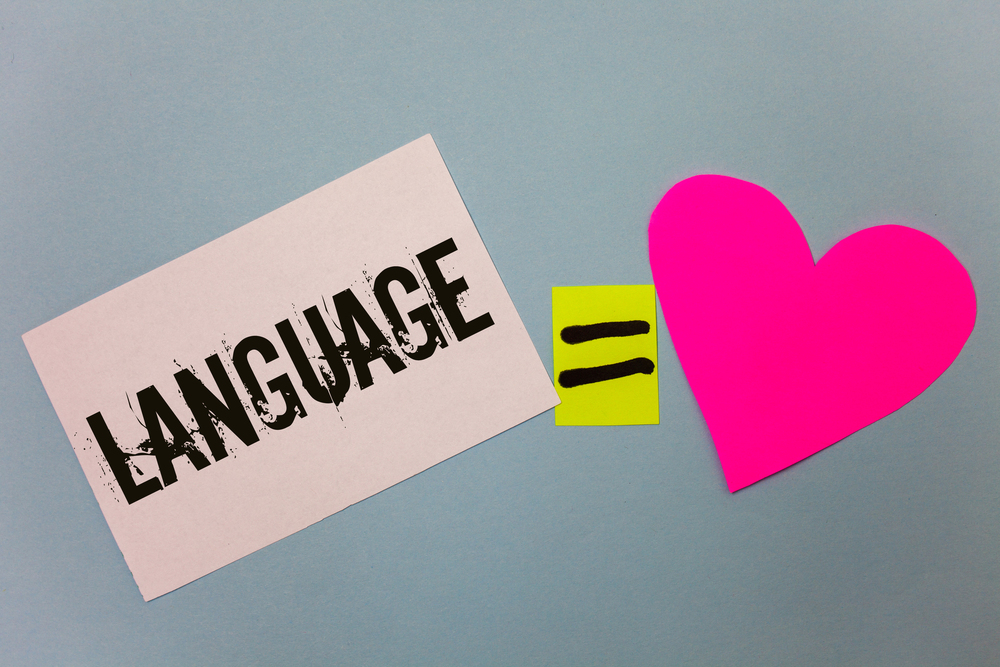
While many Europeans speak excellent English, assuming everyone does can lead to awkward situations and missed opportunities for cultural connection. Learning basic phrases in the local language shows respect — and often results in warmer interactions with locals too. Kids especially enjoy trying new languages, and Europeans appreciate the effort even if pronunciation isn’t perfect. Download translation apps as backup, though don’t rely on them entirely since sometimes a smile and hand gestures work better than technology.
Underestimating walking distances

European cities weren’t designed for cars — which means lots of walking on cobblestone streets that can be tough on little legs and stroller wheels. A ‘short walk’ to a museum might involve navigating stairs, uneven surfaces, and crowds that would challenge even fit adults, yet comfortable walking shoes aren’t just recommended but essential survival gear for European family travel. Consider bringing a lightweight stroller even for older kids who might need breaks during long sightseeing days.
Not booking accommodations with kitchens

Eating every meal in restaurants gets expensive quickly — can be challenging for picky eaters or families with dietary restrictions, too. Accommodations with basic kitchen facilities let families prepare simple meals, store snacks, and maintain familiar routines that help kids adjust to new environments. Having access to a refrigerator and microwave can be a lifesaver when dealing with jet lag or when restaurants don’t align with your family’s eating schedule. It’s like having a home base where you can regroup between adventures.
Forgetting about different plug types
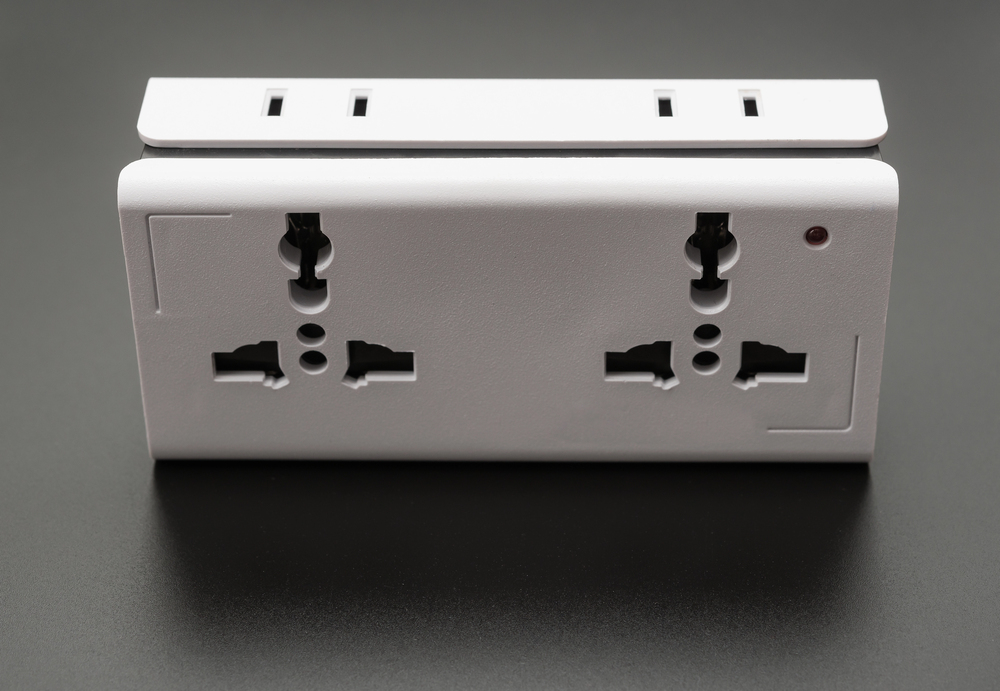
European electrical outlets use different plug configurations than American ones — nothing kills vacation momentum like dead devices and no way to charge them. Different countries sometimes use different plug types even within Europe, so a universal adapter is worth its weight in gold, though don’t assume your hotel will have adapters available since popular tourist destinations often run out during peak season. Pack extra charging cables, too because kids have a remarkable talent for losing things just when you need them most.
Not validating train tickets
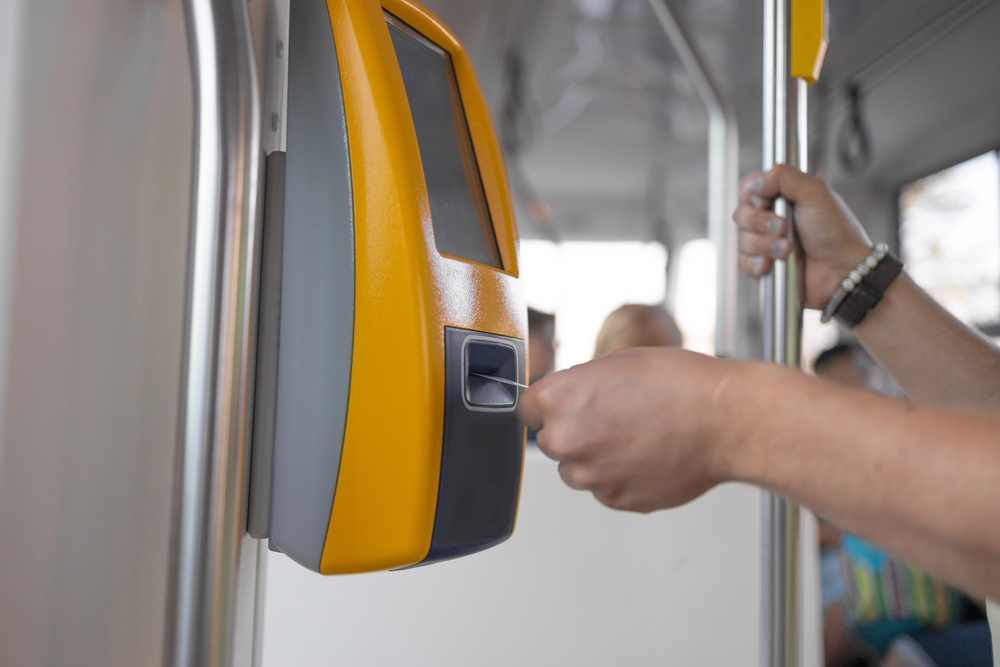
Many European train systems require passengers to validate their tickets before boarding — forgetting this simple step can result in hefty fines from conductors. The validation machines aren’t always obvious, and the process varies by country, which confuses many American travelers. Getting hit with a fine when you have a valid ticket feels particularly unfair, especially in front of confused kids who don’t understand why the nice train person is suddenly angry. Always ask station staff or fellow passengers if you’re unsure about validation procedures.
Packing only summer clothes for any season
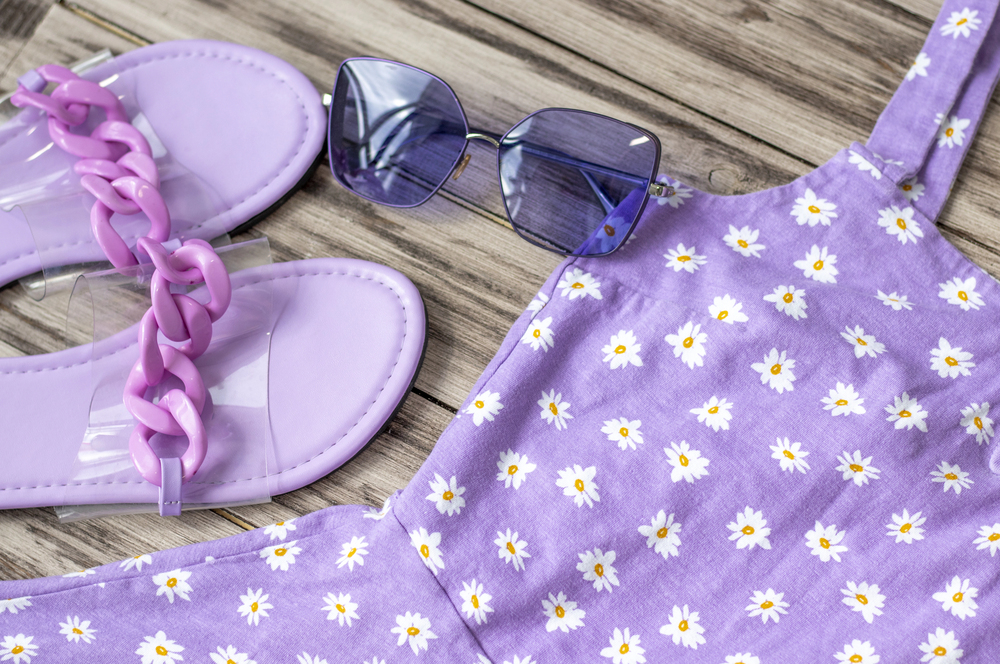
European weather can be surprisingly unpredictable. Even summer evenings can turn chilly, especially in northern countries or mountainous regions. Many American families pack for the warmest possible weather and then shiver through unexpected cold snaps or rainy days, yet layering is key. Pack clothes that can be mixed and matched for different temperature scenarios. A light jacket or sweater takes up minimal luggage space but can save a vacation when the weather doesn’t cooperate with your plans.
Not checking museum age policies
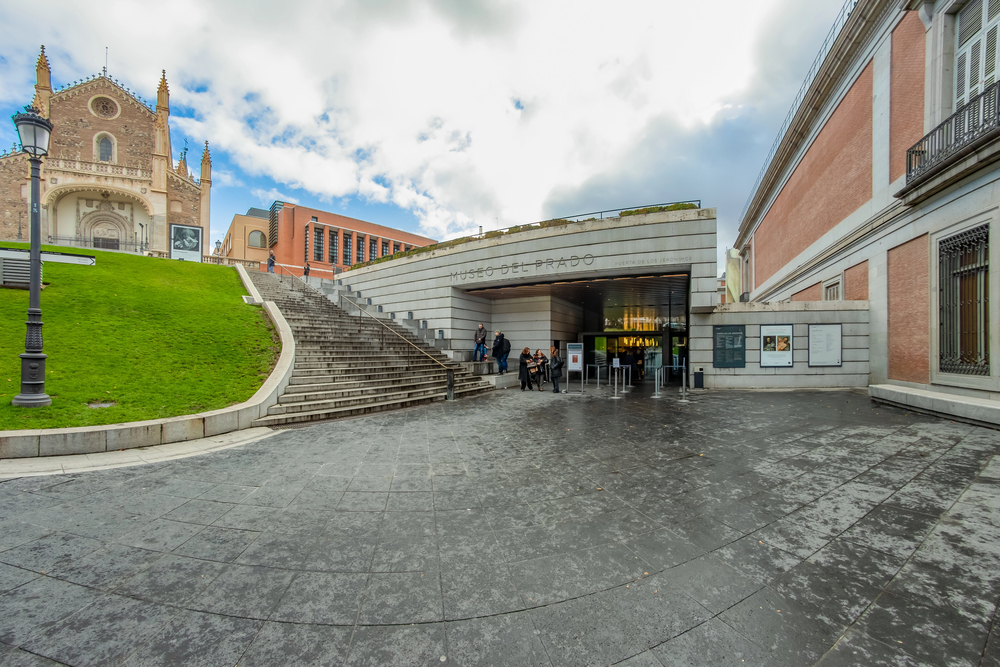
— Photo by NeyroM
Some European museums and attractions have strict age restrictions or policies that can surprise families with young children. Certain art museums don’t allow strollers, while others require children to be a minimum age for specific exhibits. The Vatican Museums, for example, have detailed rules about appropriate dress that apply to children, too. Research age-appropriate activities and backup plans before you arrive, because disappointed kids waiting outside a museum they can’t enter isn’t anyone’s idea of a fun vacation memory.
Expecting American-style customer service
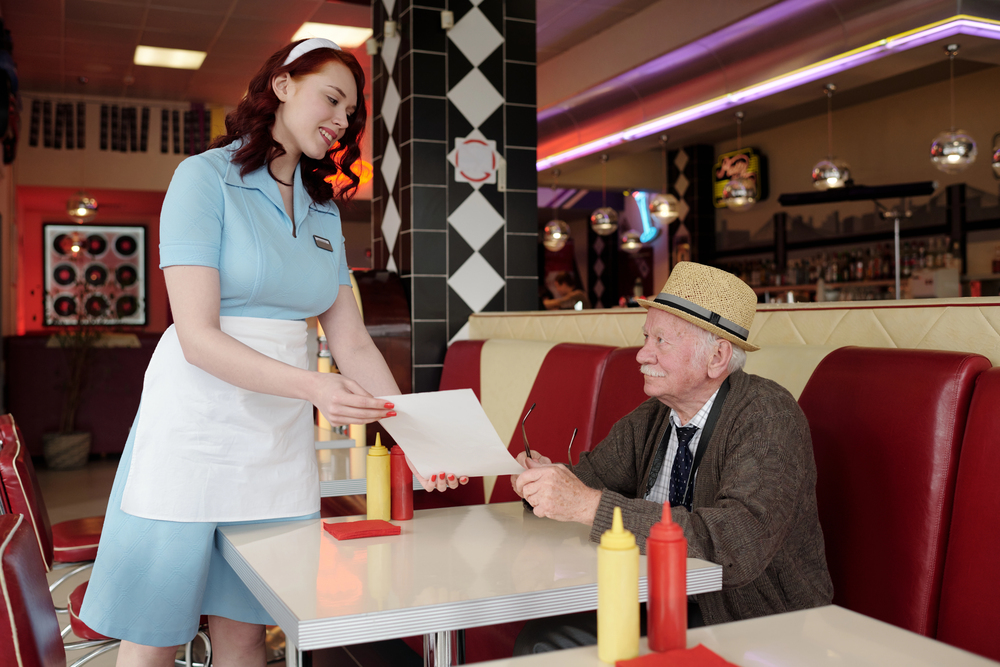
European customer service operates differently than American standards, with less emphasis on the ‘customer is always right’ mentality. Restaurant servers won’t check on your table every five minutes, and store employees might not offer the same level of assistance American families expect. This isn’t rudeness but rather cultural difference where personal space and independence are valued differently. Adjust expectations accordingly and embrace the more relaxed European approach to service interactions.
Not researching local customs and etiquette

Each European country has unique social norms that can catch American families off guard if they’re unprepared. Germans value punctuality and quiet public behavior, while Italians have different expectations about dining etiquette and family interactions. What’s considered polite in one country might be rude in another, and kids pick up on social tension even when they don’t understand the cause. Spending a few minutes researching basic cultural expectations helps families blend in better and creates more positive interactions with locals.
Relying solely on credit cards

While credit cards are widely accepted in major European cities, many small businesses, markets, and family-run restaurants still prefer cash transactions. Some countries like Germany have a stronger cash culture than others, and certain situations like public restrooms or small tips require coins. ATM fees can add up quickly if you’re not prepared, and some American cards get blocked by fraud protection when used overseas. Notify your bank about travel plans and carry some local currency as backup for situations where plastic doesn’t work.
How European travel shapes family memories
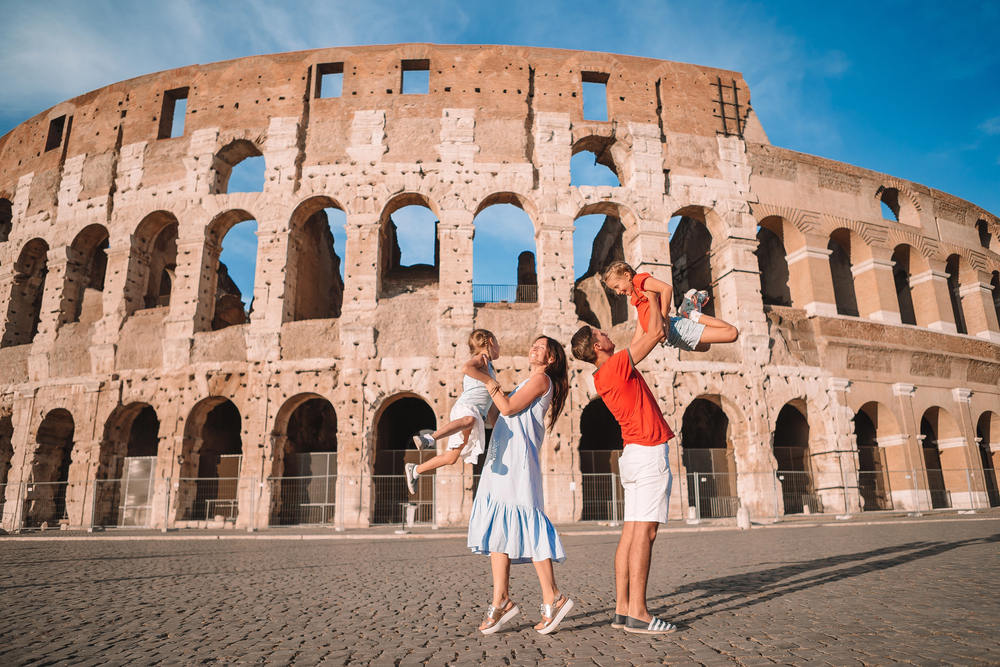
These common mistakes might seem overwhelming at first, though they’re actually opportunities to teach kids about adaptability and cultural awareness. European families have been navigating these same challenges for generations. Their approach to travel tends to be more relaxed and flexible than the American tendency to over-plan every detail. The inconveniences that feel frustrating in the moment often become the stories your family laughs about years later, yet avoiding these pitfalls helps ensure your European adventure creates positive memories instead of travel horror stories. This gives your kids a foundation for lifelong curiosity about the world beyond their hometown.
More from Travel Pug

- 20 Best Beach Towns in the Carolinas
- 13 Destinations Where Tourists Regularly Regret Their Trip
- 20 Things You Actually Get in First Class
- 20 Small Airports With Aviation Museums
- 20 Places in the U.S. That Are Perfect for a Reset Trip
Like Travel Pug’s content? Follow us on MSN.
